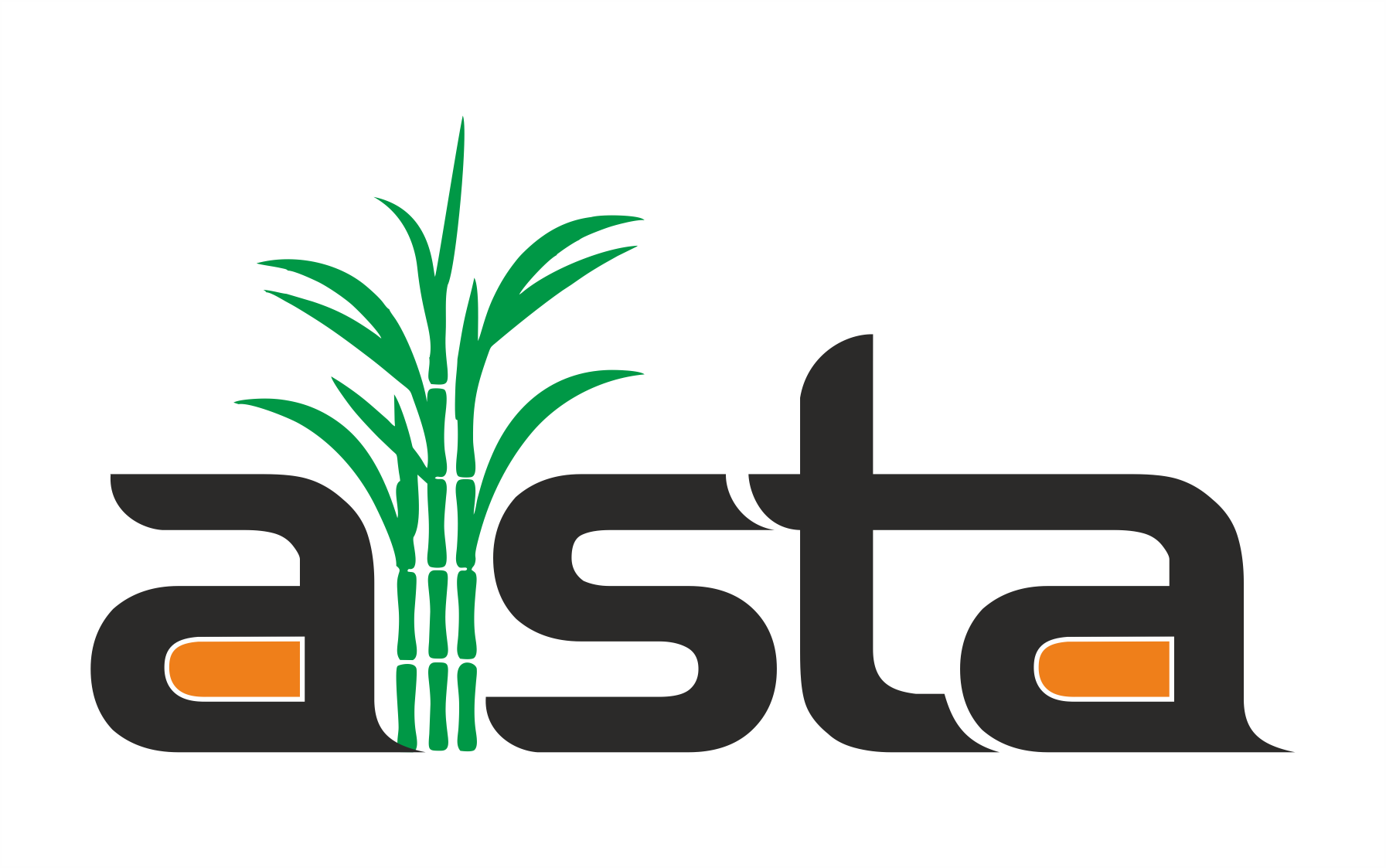Sugar mills hoping for recovery in ethanol blending with petrol this year
After slowing down to a mere 2.5 per cent last year, sugar mills are hoping for a recovery in ethanol blending with petrol this year, due to a significant increase in cane output and thereby proportionate improvement in the availability of extra-neutral of alcohol (ENA). ENA is a derivative of sugar manufacturing and a pre-form of ethanol.
In November 2012, the Cabinet Committee on Economic Affairs (CCEA) approved five per cent mandatory blending of ethanol with petrol which was notified by the Centre under the Motor Spirits Act on January 2, 2013. According to the Act, oil marketing companies (OMCs) had to record five per cent ethanol content in petrol by June 30, 2013 and 10 per cent thereafter. However, considering weak supply orders on unremunerative price offer, OMCs managed to achieve a maximum of around 1,110 million litres equivalent to 4 per cent of blending for 2015-16 crushing season (November – October).
During the last season, i.e. 2016-17, however, drought in some parts of major cane growing regions in Maharashtra and Tamil Nadu led to less sugarcane output and hence, lower availability of ENA. Consequently, sugar mills were able to supply 710 million litres equivalent to around 2.5 per cent of blending.
“This year, however, we are expecting improvement in ethanol supply due to an increase in cane availability across the country. Cane output in India’s two large cane growing states i.e. Uttar Pradesh and Maharashtra is estimated to remain significantly higher this year than last year. Hence, crushing is expected to be more resulting into higher quality of ethanol supply to the OMCs,” said Abinash Verma, Director General, Indian Sugar Mills Association (ISMA).
Sugar industry estimates to achieve over 4 per cent of ethanol blending during the supply season 2017-18 (December – November).
The First Advanced Estimates from the Union Ministry of Agriculture forecasts India’s sugarcane output at 337.69 million tonnes for 2017-18 compared to its actual production at 306.72 million tonnes during the previous year, witnessing thereby an increase of 10 per cent. Experts, however, believe that the latest spell of rainfalls would increase recovery in the standing cane crop. Hence, ENA output and conversion of ethanol might be proportionately higher this year.
Sugar mills, however, cautioned that OMCs need to float its ethanol procurement tender and finalise the quantity of order before November 30 i.e. till the ongoing supply tender ends. For which, the OMCs require to float an ethanol procurement tender now to have at least three weeks of time for sugar mills to apply for their possible quantity of supply. Again, negotiations of price between OMCs and sugar industry and finalising orders require another three- four weeks.
“This means, ethanol procurement tender needs to be floated today. Any delay in floating tender would result into proportionate delay in the entire eco-system. By then, sugar mills also initiate talks with chemical and potable alcohol manufactures. So, delay in floating tender would reduce the quantity of ethanol supply to OMCs,” said a senior industry official on condition of anonymity.
Last year, Bharat Petroleum Corporation Ltd (BPCL) had floated an ethanol procurement tender on behalf of all OMCs with opening date on October 22 and due date of November 11, 2016. Because of the delay in floating tender, the entire eco-system of finalising order got delayed resulting into lower supply of ethanol.
Experts, meanwhile, believe that the sugar mills in Uttar Pradesh supply around half of ethanol quantity required by OMCs. Because of higher cane availability, ethanol supply could have been more even last year. But, by the time OMCs floated tender, sugar mills had contracted with potable alcohol manufacturers. Therefore, sugar mills were able to supply only 25 per cent of the tendered quantity of 2800 million litres last year, a leading ethanol supplier said.
Source:Business Standard;Published on 13/10/2017

